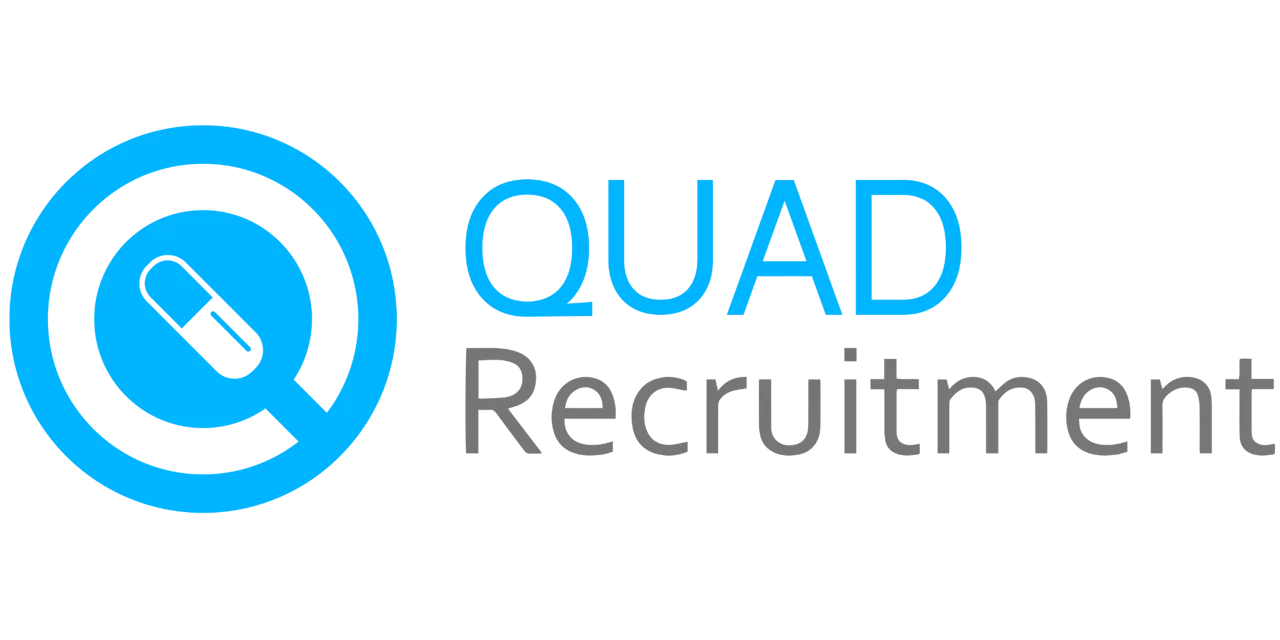
Diversity and Inclusion in the Pharmacy Workforce: Strategies for Recruitment and Retention
05 Jul, 20235 minsDiversity and inclusion have become crucial considerations in today's workforce across vario...

Diversity and inclusion have become crucial considerations in today's workforce across various industries, and the field of pharmacy is no exception. As the healthcare landscape continues to evolve, it is essential to foster a diverse and inclusive pharmacy workforce that reflects the demographics and needs of the communities it serves. In this blog, we will explore the importance of diversity and inclusion in the pharmacy profession and discuss strategies for recruiting and retaining a diverse workforce.
Why Diversity and Inclusion Matter in Pharmacy
Enhanced Patient Care: A diverse pharmacy workforce brings a variety of perspectives, cultural insights, and language skills that can improve patient care. Patients from different backgrounds may have unique healthcare needs and communication preferences, and having pharmacy professionals who understand and can cater to these differences can lead to more effective and patient-centred care.
Cultural Competence: Culturally competent healthcare providers are better equipped to understand and address the unique needs and challenges faced by diverse patient populations. By promoting diversity and inclusion within the pharmacy profession, we can foster cultural competence among pharmacists, enabling them to provide personalized care and build trust with patients from all backgrounds.
Innovation and Problem-Solving: Diversity sparks innovation and promotes creative problem-solving. When a pharmacy workforce includes individuals from different ethnicities, races, genders, and socioeconomic backgrounds, it brings together a wide range of experiences and ideas. This diversity of thought can lead to new perspectives on healthcare delivery, medication management, and patient education, driving innovation within the pharmacy profession.
Strategies for Recruitment and Retention
Establish Partnerships: Collaborate with educational institutions, community organizations, and professional associations to create pipelines for diverse candidates. Establishing relationships with schools and organizations that serve underrepresented communities can help attract a more diverse pool of applicants to pharmacy programs or job openings. Such partnerships can also provide mentoring and scholarship opportunities for aspiring pharmacists from marginalized backgrounds.
Diverse Interview Panels: When conducting interviews, ensure that the interview panel reflects diversity. This sends a positive message to candidates and creates an inclusive environment where applicants from all backgrounds feel valued and respected. Additionally, diverse interview panels can help assess candidates' cultural competence and their ability to connect with patients from various communities.
Mentorship and Support Programs: Implement mentorship programs within pharmacy organizations to support the professional growth of underrepresented employees. Mentors can provide guidance, advice, and advocacy for career advancement, helping to address barriers that diverse professionals may face. Additionally, fostering employee resource groups or affinity networks can create a sense of belonging and support for diverse pharmacy professionals.
Ongoing Diversity Training: Offer diversity and inclusion training programs for all pharmacy staff. Such training should focus on developing cultural competence, raising awareness about unconscious biases, and promoting respectful and inclusive communication within the workplace. By providing ongoing education, pharmacy organizations can create an environment that values diversity and empowers employees to contribute meaningfully.
Work-Life Balance and Flexibility: Recognize the importance of work-life balance and offer flexible work arrangements. This can help attract and retain diverse talent, particularly individuals who may face unique caregiving responsibilities or have cultural or religious commitments. Providing flexibility in work schedules demonstrates an understanding and support for employees' individual needs, ultimately promoting a more inclusive and diverse workforce.
Promoting diversity and inclusion within the pharmacy workforce is crucial for delivering high-quality, patient-centred care and driving innovation in the field. By implementing strategies for recruitment and retention, pharmacy organizations can attract and retain diverse talent, ensuring that the profession reflects the communities it serves. Creating a culture of inclusivity, fostering mentorship and support, and offering ongoing diversity training are essential steps towards building a diverse and inclusive pharmacy workforce that meets the needs of all patients.
As a recruitment agency, we contribute a huge deal towards Diversity and Inclusion in Pharmacies across the USA. Quad Recruitment has worked with multiple Pharmacy organizations to present the best Pharmacy Professionals on the market. Providing a diverse range whilst considering the diversity and inclusion of pharmacy professionals to organizations is something we take very seriously. We are able to do this by providing you with an anonymous resume.
An anonymous resume, also known as a blind resume, is an important tool when considering diversity and inclusion because it helps to mitigate unconscious bias in the hiring process. Unconscious bias refers to the automatic and unintentional biases we hold based on factors such as race, gender, age, or educational background, which can influence our decision-making without our conscious awareness.
Here's why an anonymous resume is crucial for promoting diversity and inclusion:
Fair Evaluation: An anonymous resume removes identifying information such as the candidate's name, gender, age, and ethnic background. By eliminating these details, hiring managers can focus solely on evaluating the applicant's qualifications, skills, experiences, and accomplishments. This allows for a fair and objective evaluation process, reducing the potential for bias based on demographic characteristics.
Elimination of Stereotypes: Unconscious biases often arise from preconceived notions and stereotypes associated with certain groups. By removing personal identifiers from resumes, anonymous hiring helps to eliminate these stereotypes and allows candidates to be evaluated solely on their merits. This increases the chances of individuals from underrepresented groups being considered for positions they might otherwise be overlooked for due to biases or assumptions.
Increased Diversity: An anonymous resume encourages a more diverse pool of candidates to apply for positions. When applicants believe that their qualifications will be fairly assessed, regardless of their demographic characteristics, they are more likely to apply. This helps to attract a broader range of candidates with diverse backgrounds and experiences, contributing to a more inclusive and representative workforce.
Enhanced Focus on Qualifications: Hiring managers can concentrate on the applicant's skills, experiences, and accomplishments rather than being influenced by personal biases. This ensures that candidates are evaluated based on their ability to perform the job effectively, leading to better hiring decisions and a more competent workforce.
Alignment with Organizational Values: Using anonymous resumes aligns with the principles of diversity and inclusion, demonstrating a commitment to fair and unbiased hiring practices. It sends a clear message that an organization values diversity, aims to create an inclusive work environment, and recognizes the importance of equal opportunities for all candidates.
It is important to note that anonymous resumes should be used in conjunction with other diversity and inclusion strategies. While they help mitigate unconscious bias in the initial screening process, diversity and inclusion efforts must extend throughout the entire recruitment and selection process to ensure fairness and equal opportunities for all candidates.
By utilizing anonymous resumes, organizations can take a proactive step towards creating a more diverse and inclusive workforce, fostering an environment where individuals are judged on their abilities and potential rather than on irrelevant personal characteristics.



